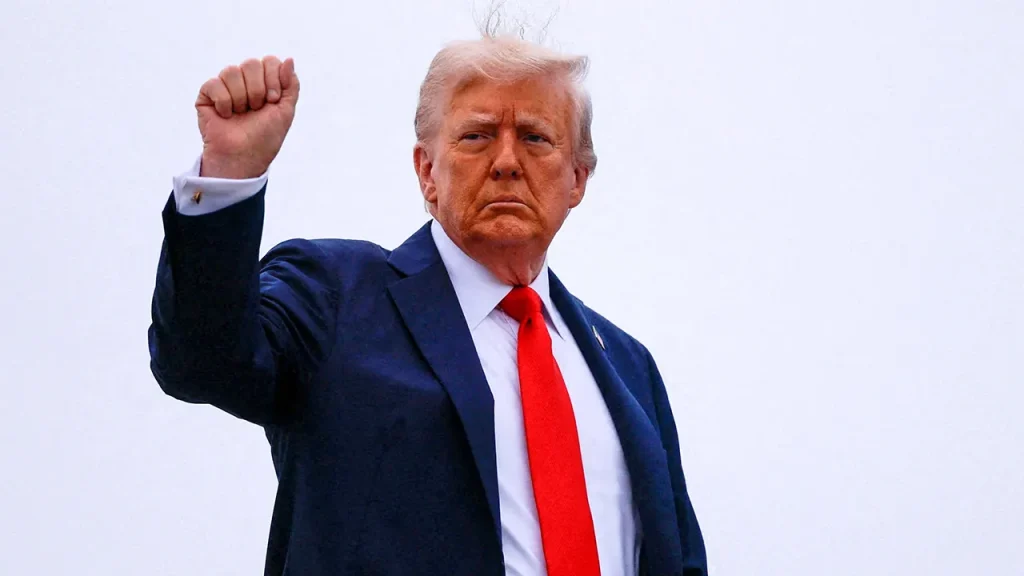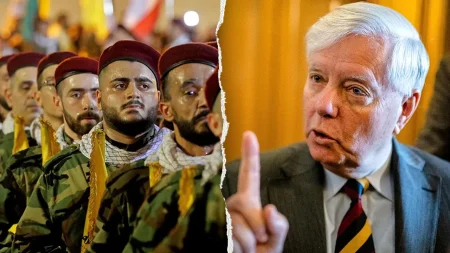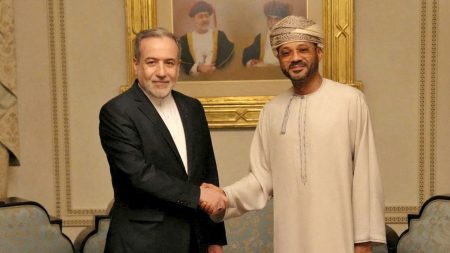Trump Potentially Brokering a Hostage Deal with Hamas
Hamas is reaching out to former President Donald Trump with a proposed ceasefire deal that could bring home American and other hostages held in Gaza since the October 7 attack. According to sources close to the negotiations, Hamas has drafted a letter to Trump offering to release half of the remaining hostages in exchange for Trump guaranteeing a 60-day ceasefire. This unexpected diplomatic channel comes as Trump has positioned himself as a potential peacemaker in the ongoing Israel-Hamas conflict, despite no longer holding official office.
Throughout recent months, Trump has consistently called for the immediate release of all hostages taken during Hamas’ October 7 attack on Israel. During a recent visit to England, he emphasized his desire for the hostages to be freed “now — right now.” His involvement in these negotiations represents an unusual diplomatic situation where a former president is engaging in what would typically be current administration business. The letter, expected to be delivered to Trump this week, suggests Hamas may view him as an influential figure who could help broker a deal outside traditional diplomatic channels.
Trump has not been subtle in his approach to Hamas. In early September, he issued what he described as his “last warning” to the organization via his Truth Social platform. “Everyone wants the Hostages HOME. Everyone wants this War to end! The Israelis have accepted my Terms. It is time for Hamas to accept as well,” Trump wrote, suggesting he had already been involved in some form of negotiation. This wasn’t his first such warning—back in March, he issued a similar ultimatum, threatening that “not a single Hamas member will be safe” if they didn’t release all hostages and return the bodies of those killed.
The timing of this overture from Hamas comes amid continued military operations in Gaza. Israel has recently launched a new ground offensive into Gaza City, causing residents to flee in large numbers. This humanitarian situation forms the backdrop for Hamas’ proposal, which seems designed to pause the fighting while only partially addressing the hostage crisis. The specifics of which hostages would be included in the “half” to be released immediately under Hamas’ proposal remain unclear, including whether American hostages would be prioritized or how selections would be determined.
Meanwhile, the international diplomatic landscape continues to shift, with countries including the United Kingdom, Canada, and Australia recently recognizing a Palestinian state—a move Israeli Prime Minister Benjamin Netanyahu has vowed to prevent. This recognition by major Western allies creates additional pressure on all parties involved in the conflict. American veterans have also reportedly faced threats from Hamas while attempting to deliver humanitarian aid to Palestinians in Gaza, further complicating the situation on the ground.
If this deal were to move forward through Trump’s involvement, it would represent an extraordinary diplomatic situation where a former president—and current presidential candidate—plays a central role in international crisis resolution outside official government channels. While the proposal addresses only half of the hostages initially, it could potentially create momentum toward a more comprehensive resolution. However, significant questions remain about how such an agreement would be implemented, monitored, and enforced without official U.S. government backing, and whether it would lead to the eventual release of all remaining hostages.














